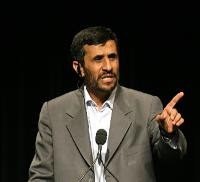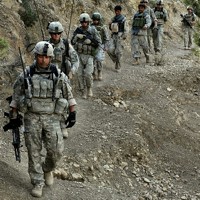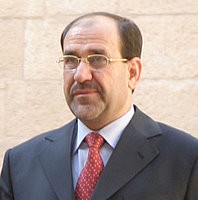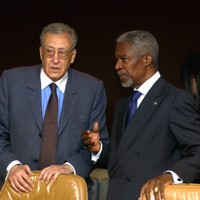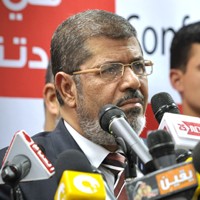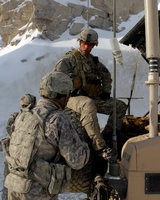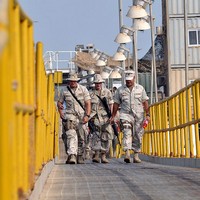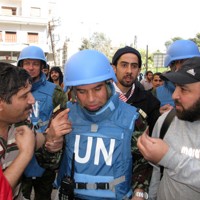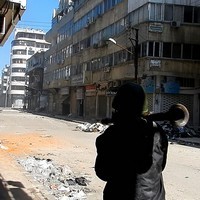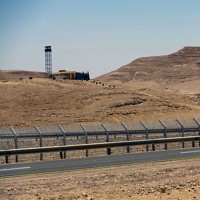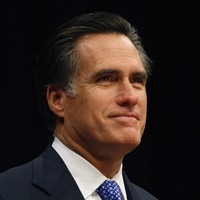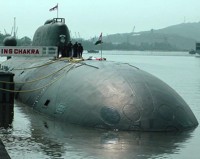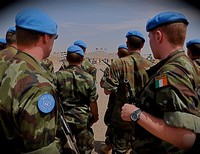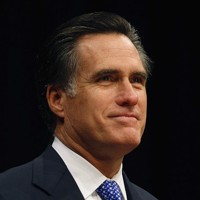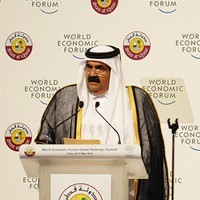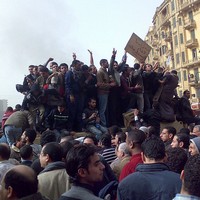
For the past year and a half, the Arab Spring has convulsed the Middle East. It has resulted in the overthrow of four leaders who only two years before seemed destined to rule for life, plunged another country into a fratricidal civil war and placed even long-established monarchies under renewed political and economic stress. What triggered this tsunami of political upheaval? And is it localized to the Arab world, or could it spread? It is no secret that authorities in Beijing and Moscow are playing close attention, attempting to ferret out any indications that a prerevolutionary situation may be building […]

